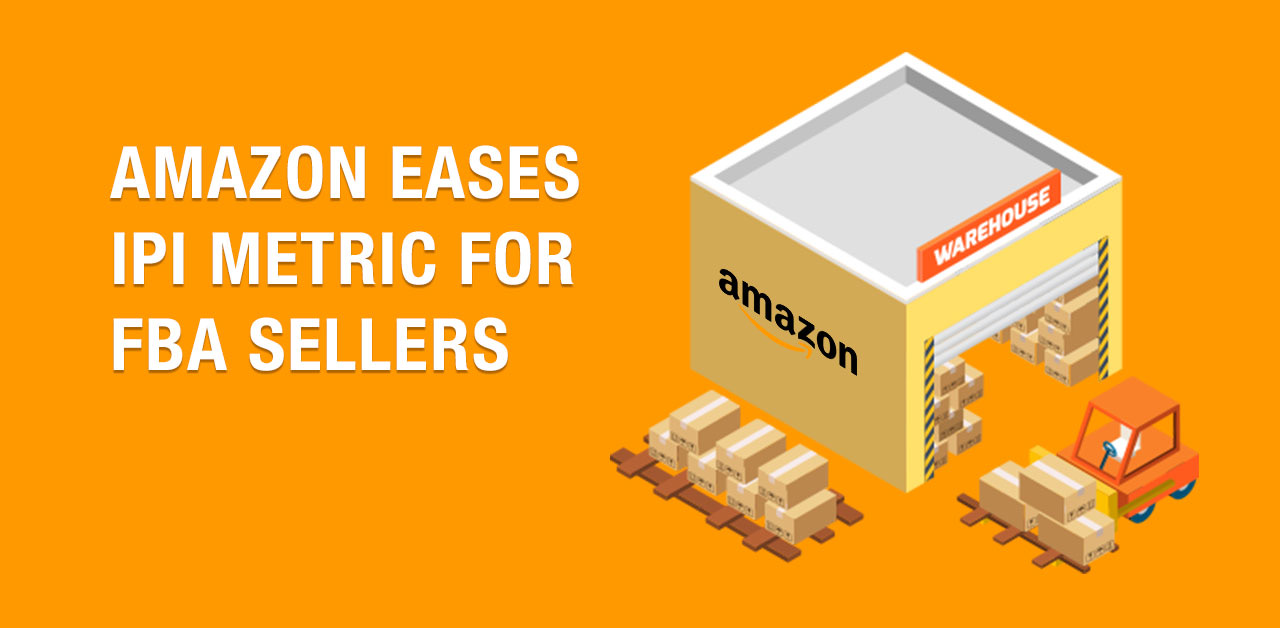The majority of FBA sellers will get a higher IPI score
Amazon is making it slightly easier for sellers who use its FBA fulfillment service by easing standards for the Inventory Performance Index (IPI)
Amazon announced: “As of January 20, 2020, your Inventory Performance Index (IPI) score considers both your recent and long-term inventory performance. Your IPI is now based on the time duration that results in a higher score.” (The higher the better for sellers.)
The company explained that the majority of FBA sellers would see a higher IPI score or no change at all:
“Previously, your IPI score was based only on recent inventory performance. The calculation change benefits sellers with lower sales volume in their off-peak season as well as sellers taking action to improve their inventory performance.”
This move comes after Amazon imposed stricter storage limits on sellers in January, changing the IPI threshold for storage limits to 400 (previously 350), reports EcommerceBytes.
One frustration sellers have cited about the metric is that Amazon does not disclose the formula it uses to calculate their IPI, only explaining in general terms: “We calculate IPI for you based on how well you maintain inventory levels, fix listing problems that make your inventory unavailable for purchase, and keep popular products in stock.”
More Amazon news

Amazon is going to need a lot of robots
Amazon wants to ship you anything in 30 minutes Analysts predict that Amazon will try to add robots and automation to its entire operation. It is inevitable given Amazon's focus on efficiency and pleasing customers. Amazon is burning through billions to...

Former Amazon executive on the 5-star rating system
Amazon rating system developers ended up being too protective of it According to the former Amazon executive, the online ratings and reviews model was a good solution at first, but the team ended up being too protective of it. Dan Lewis spent many years at...

Nike stops selling its products on Amazon
Nike is just ‘tip of the iceberg’ of companies ditching Amazon Nike’s decision to stop selling merchandise to Amazon is the start of brands opting to go directly to consumers, says internet entrepreneur Tim Armstrong. “The direct-to-consumer movement will...


